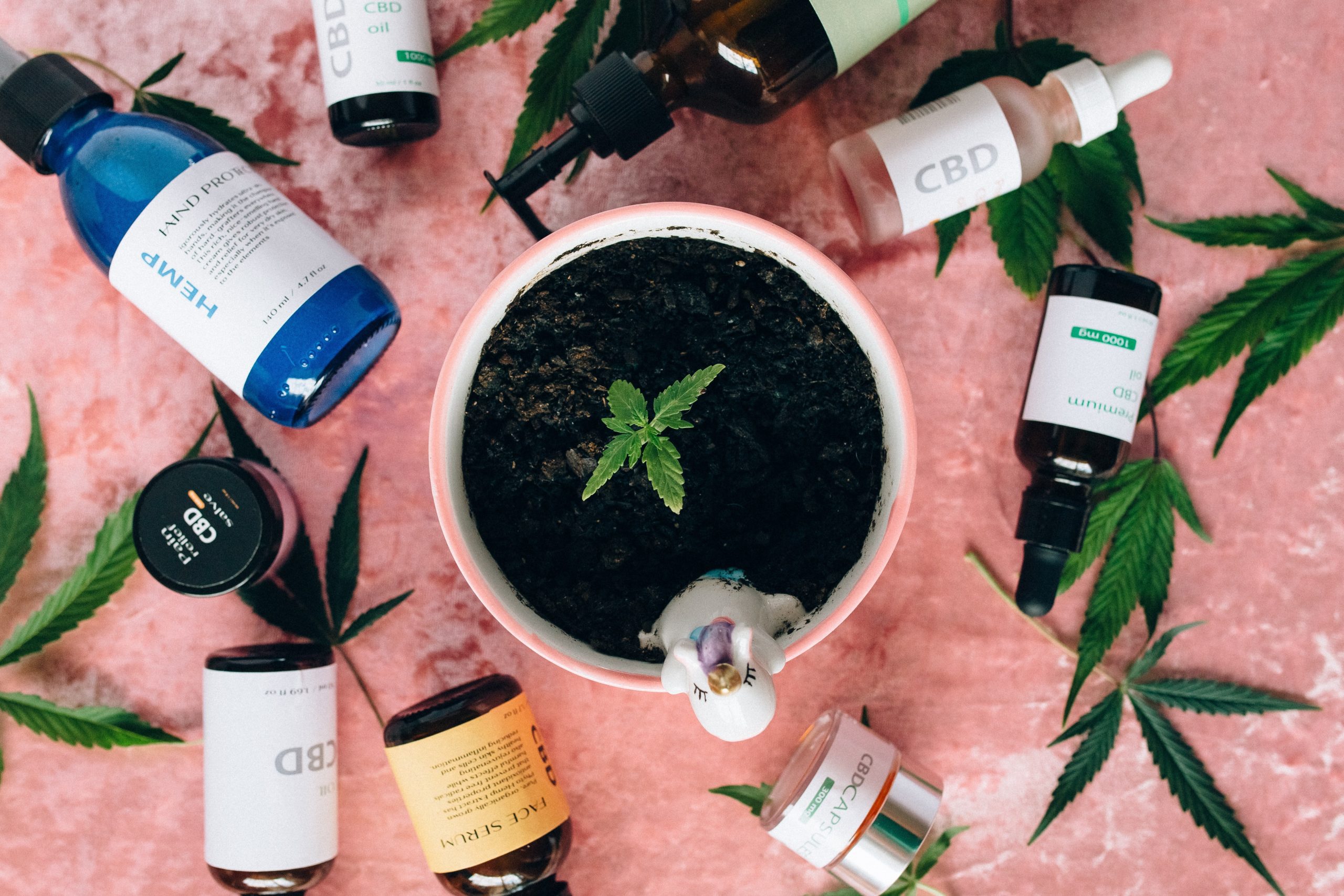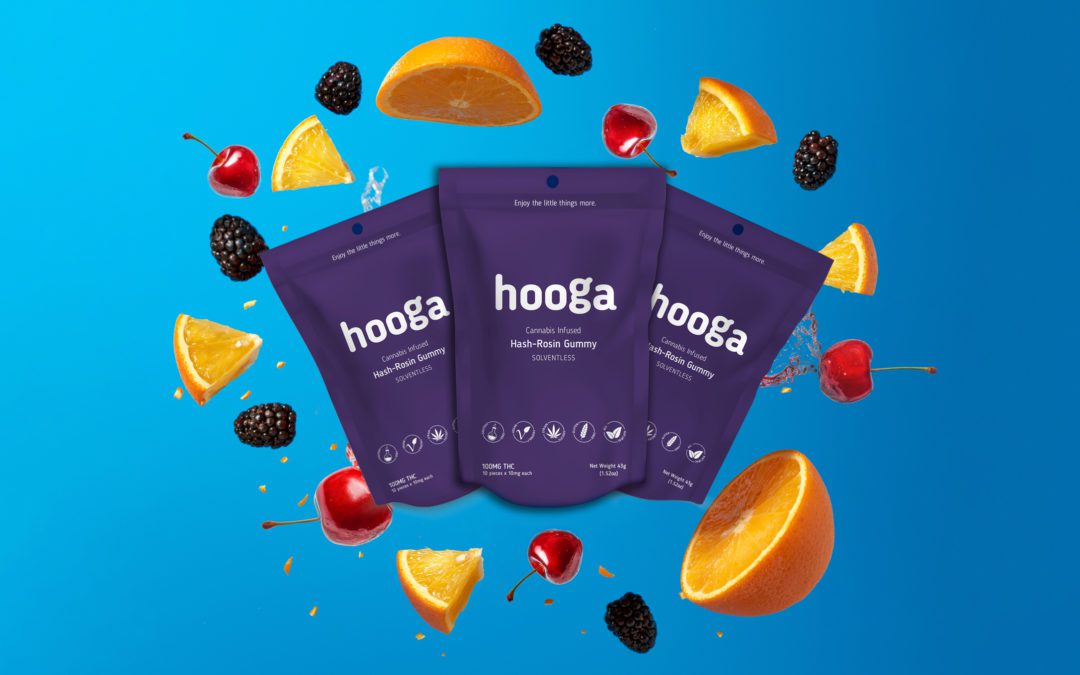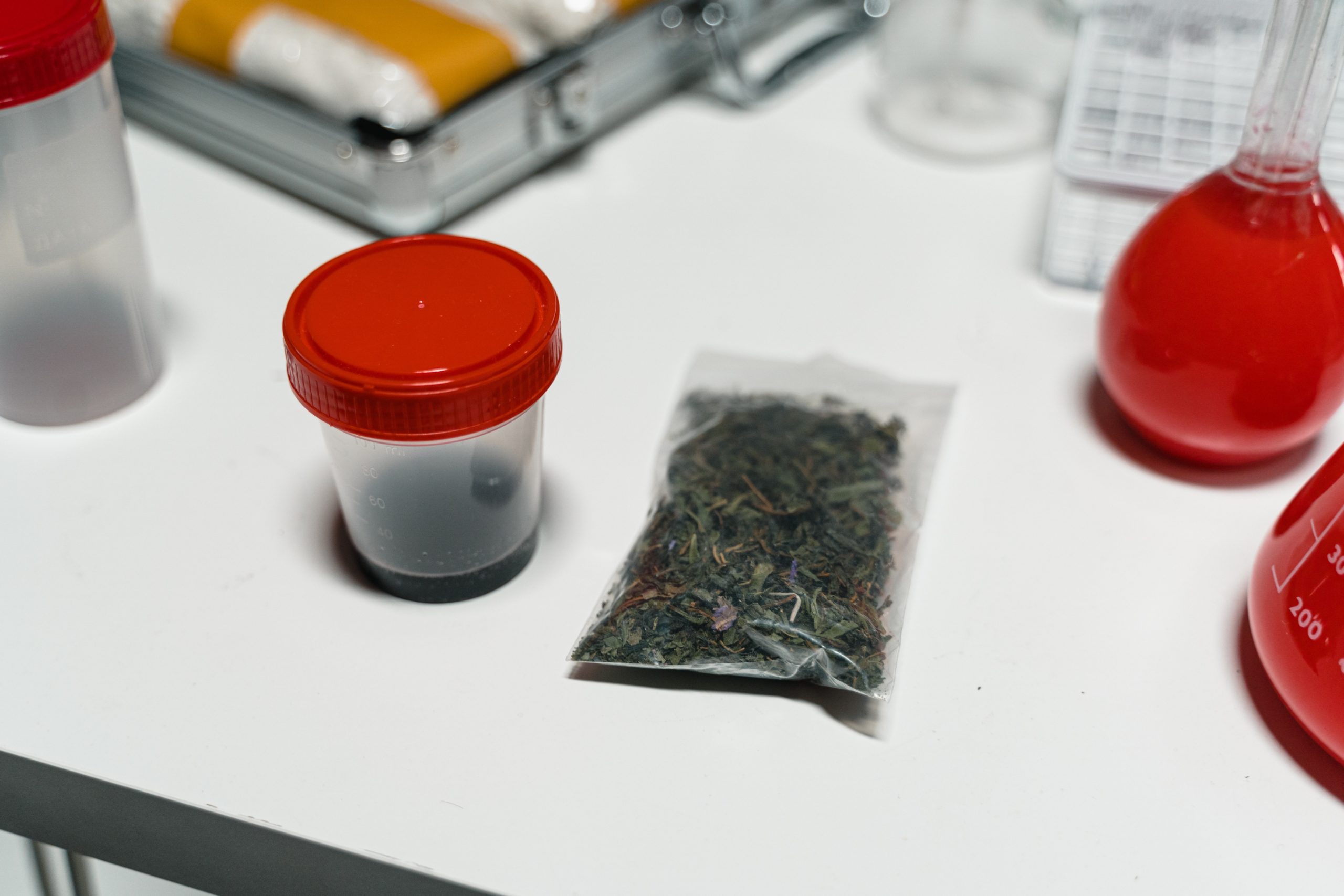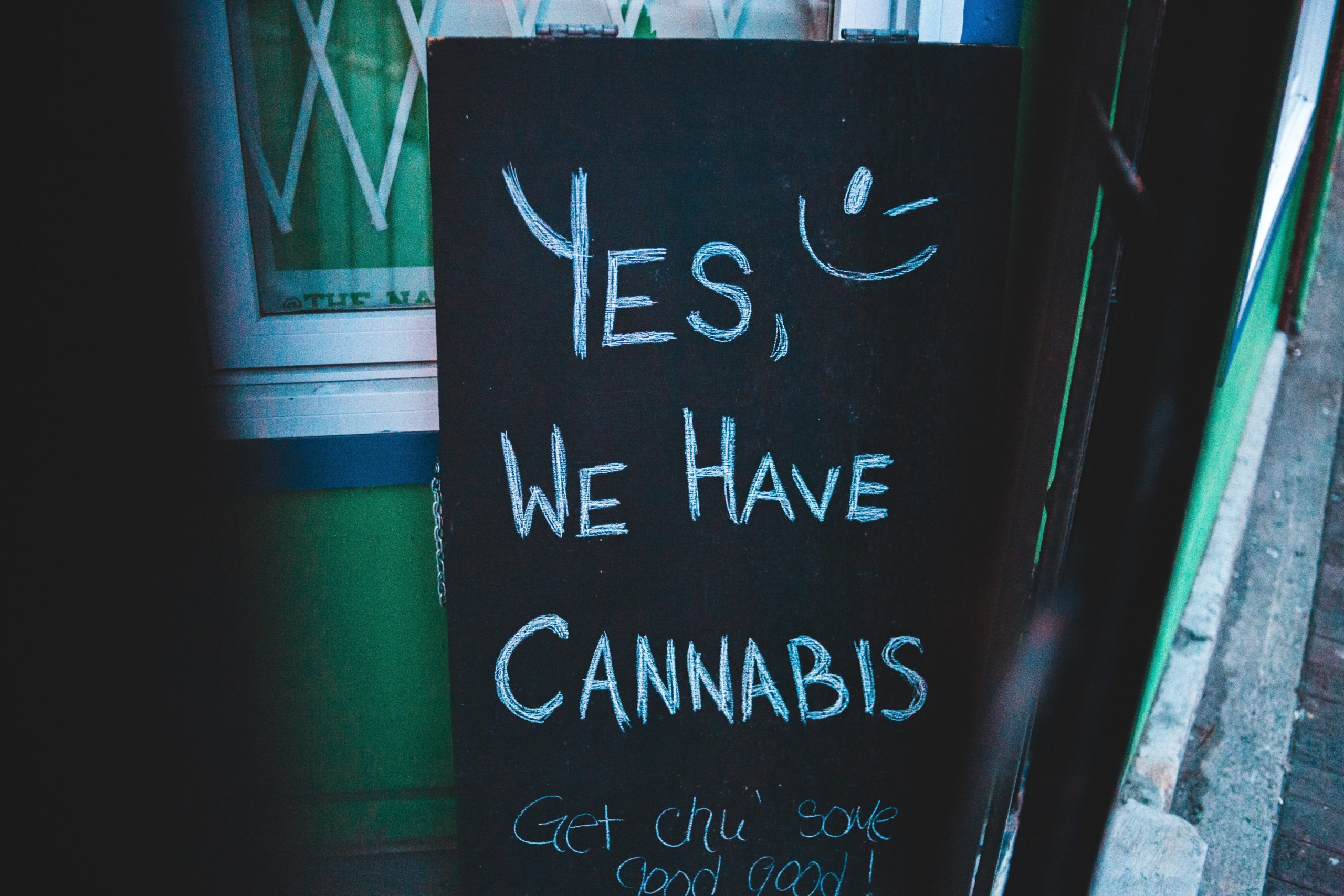
BDSA Adjusts Global Cannabis Sales Forecast Downward by $5 Billion

In a recent update to its global cannabis market forecast, BDSA, headquartered in Colorado, has revised its sales projections. The new estimate anticipates that the industry will reach $55 billion in sales by 2027, representing substantial growth from the $32 billion recorded in 2022.
However, this forecast represents a notable decrease compared to BDSA’s earlier projection earlier in the year, which had predicted global marijuana sales to approach $60 billion by 2027. BDSA executives attributed this adjustment to Germany’s decision to deviate from its initial plan for a comprehensive recreational market, instead opting for a more restricted pilot program.
BDSA clarified this shift, stating, “The primary factor in the reduction of BDSA’s forecast for 2027 was the removal of the assumption for a full commercial adult launch in Germany, which had been assumed to begin in 2024 and forecast to reach nearly $3.6 billion in 2023.”
Furthermore, BDSA’s updated forecast also incorporates lower-than-anticipated U.S. cannabis sales in the coming four years, now projected to reach $43 billion by 2027, down from the previous estimate of approximately $45 billion. This adjustment is attributed to a reassessment of various constituent markets and channels, based on 2023 sales data, as well as “slower adult-use growth expectations in more mature markets, with some contribution from weakness in formerly robust medical markets.”
When questioned about the specific challenges faced in California, BDSA pointed to “high taxes, operational costs, and other issues” as factors creating a challenging environment for legal cannabis businesses. Consequently, some businesses have exited the California market over the past year.
One encouraging aspect highlighted by BDSA is the diminishing illicit cannabis spending and the concurrent growth of legal spending in almost all modeled markets. This has been a persistent challenge for California and several other U.S. cannabis markets.
According to the report, the U.S. is still expected to dominate the state-sanctioned marijuana sales market, with the rest of the world projected to contribute just $11.6 billion in 2027, constituting about one-fifth of the total legal cannabis commerce.
BDSA predicts that the primary driver of growth in U.S. marijuana sales over the next four years will be emerging markets, particularly on the East Coast and in the Midwest. Specific markets such as New York, New Jersey, Maryland, Michigan, and Missouri are identified as having substantial growth potential. CEO Roy Bingham of BDSA highlighted the expected $2.5 billion markets for both New York and New Jersey and described Michigan as an “outlier” likely to achieve $3.8 billion in sales by 2027.
However, the forecast also indicates challenges for mature markets like California and Colorado, with stagnating or declining sales. BDSA anticipates modest growth in California by 2025, with sales projected to surpass $5.2 billion in 2027. In Colorado, sales are stabilizing, expected to reach $1.6 billion this year following a decline in 2022, and then experiencing minimal growth to $1.7 billion by 2027.
North of the border, Canada’s legal cannabis sales are forecasted to rise by 9% this year, reaching $4.6 billion, with the potential to reach $5.3 billion within four years.
Regarding the rest of the world, BDSA’s projections suggest that international sales, excluding Canada, will amount to about $2.4 billion in 2023, surging to $6.3 billion by 2027. Notable international markets apart from Canada include Mexico, expected to achieve $1.5 billion in sales by 2027, and Germany, which is in the process of implementing an adult-use cannabis pilot program.
Source: Green Market Report
EXPLORE MORE NEWS
Newsletter
























